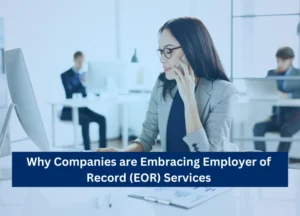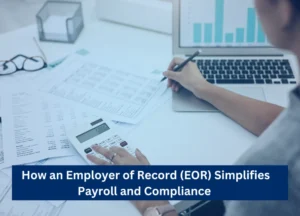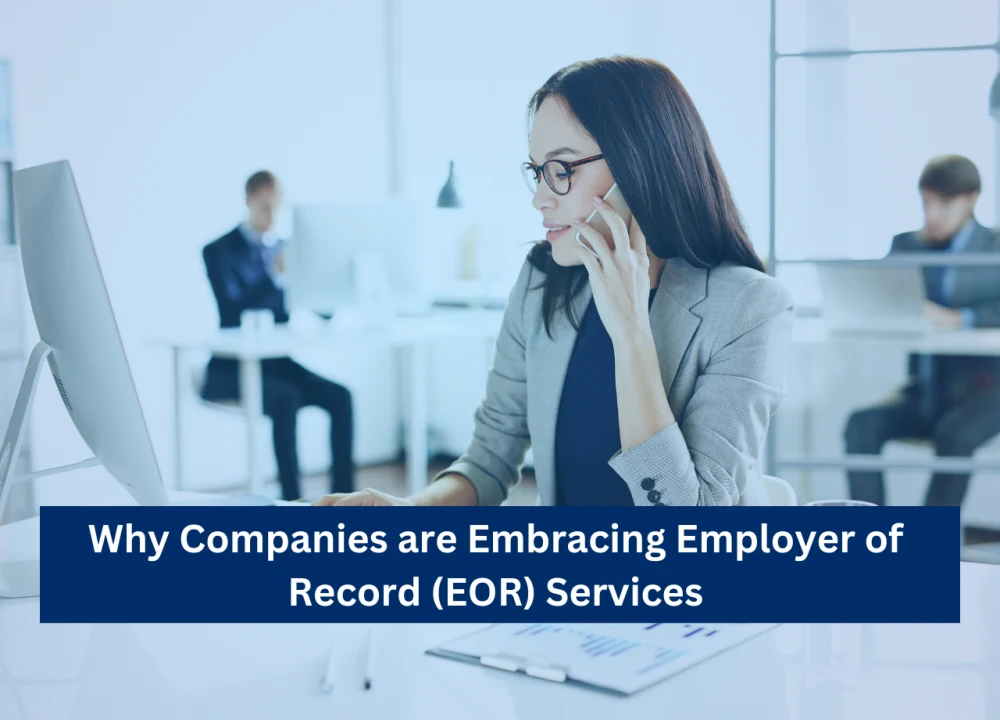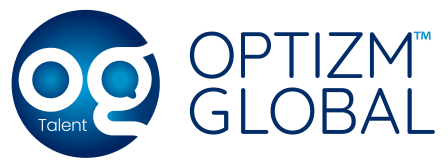 The personal interview is your chance to get to know your prospective employees. You will be delving deeper into the skills and requirements you have noted on the resume and phone screening. Mostly, the interview allows you to get a sense of the intangibles, such as passion, initiative, goals, cultural fit, attitudes, and communication skills
The personal interview is your chance to get to know your prospective employees. You will be delving deeper into the skills and requirements you have noted on the resume and phone screening. Mostly, the interview allows you to get a sense of the intangibles, such as passion, initiative, goals, cultural fit, attitudes, and communication skills
- Prepare your question – Before coming face-to-face to the candidate, you must be clear about what you are looking for in a candidate. Once clear you can come up with relevant questions to be asked and get a proper idea about the candidate. For coming up with the right questions you can ask the seniors and top performers of that department and understand what exactly they do what the new hire is expected to do and what challenges one has to face.
- Avoid historically repeated questions – Questions whose answers are already mentioned in the resume should not be given much prominence. Also, questions like “What are your greatest strengths and weaknesses?” and” Why are you the best candidate?” and” What’s your dream job?” and” Where would you like to be in five years?” these questions and their answers are repeated and historical. Candidates are prepared with answers to such questions and it will not give you any idea about the candidate’s present stature or ability to face future difficulties.
- Reduce stress – Candidates have stressed before the interview because of the fear of unknown. What will the interviewer ask? How will I manage time to attend this interview? What should I wear? All these stresses disrupt the candidate in giving there best. As an interviewer you can make the candidate comfortable by explaining them what type of questions they might be asked, what is the dress code of the company. Ask them the time comfortable for them for interview, your goal as an interviewer must be to make the candidate as much comfortable as you can.
- Involve (only a few) others – To make sure you hire the right person and you don’t make a mistake you would want to have multiple checks. So, taking advice from some colleagues, and seniors would give you a wide perspective and you would take better hiring decisions.
- Let them answer about actual day-to-day work situations – Apart from checking them on their subjective knowledge ask them questions related to real-life situations that they might face during their work in the company. Don’t waste your breath and the candidate’s time and energy by asking what are your strengths and weaknesses? Instead try to discern how the candidate would handle real situations related to the job. After all, “How do you hire a chef? Have them cook you a meal,”
- Consider “cultural fit” don’t obsess over it – A culturally fit candidate is a dream come true situation for an employer. You must look at the fact that is your candidate comfortable from your workplace situation. Does his orientation is in sync with companies’ culture and work ethics. But this must not be the criteria to reject someone always remember “people are adaptive”.
- Evaluate the candidate – Assess a candidate’s ability to learn, adapt, and innovate. If the job requires any of those factors, consider these questions.
- Listen more talk less – The interview is mostly about the applicant, so listen attentively. Pay attention to non-verbal cues such as posture, alertness, dress, and personal grooming. Note if they have done their homework about your company. Leave time at the end for the candidate to ask you questions.
Taking interview and finalizing the right candidate is an art, you not only have to understand thee tangibles but things unsaid should also be understood.












